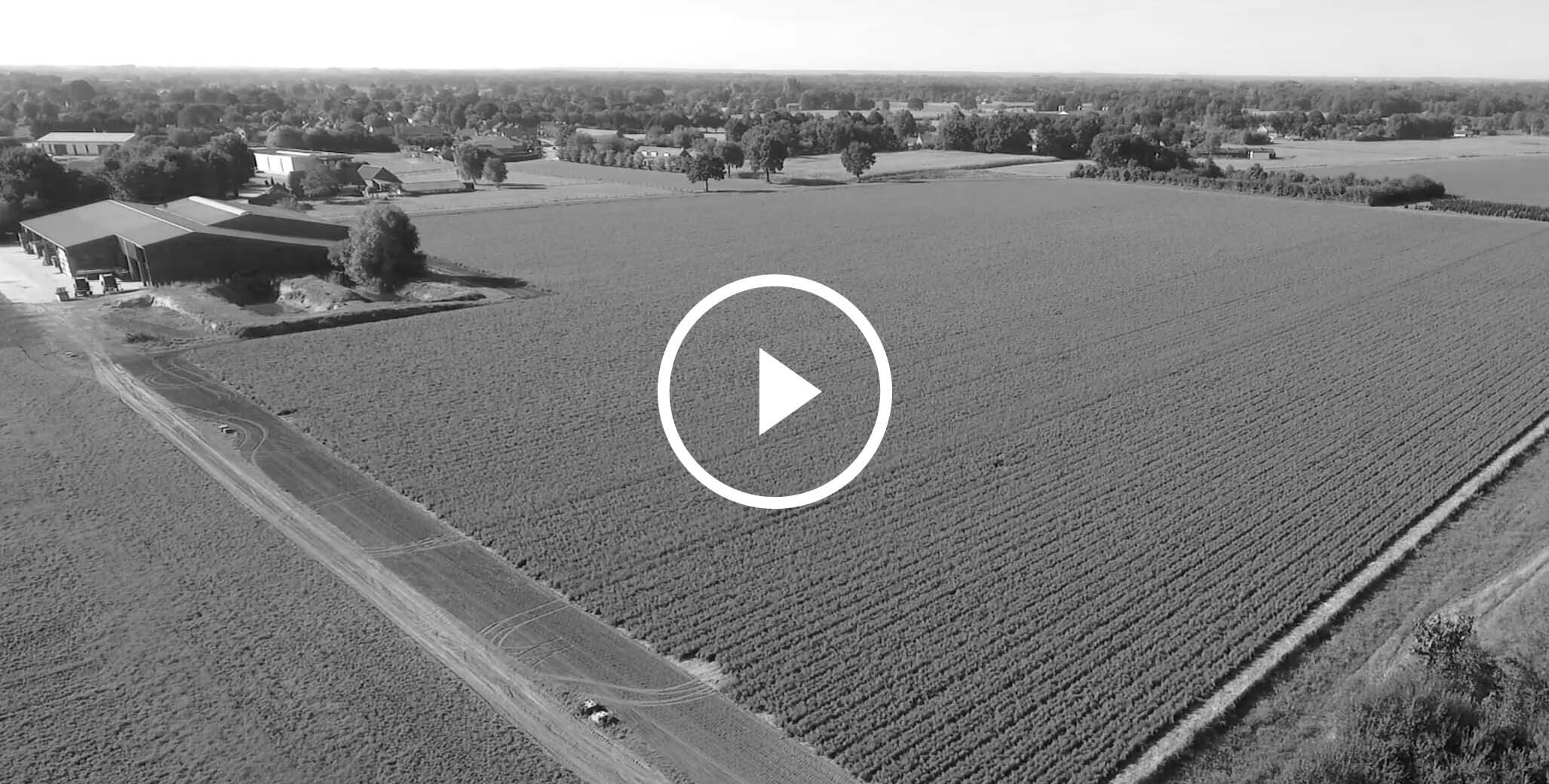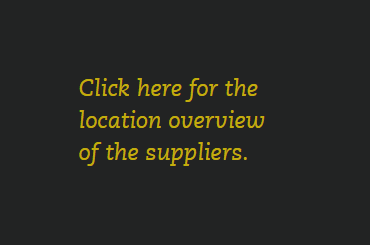invest into land and plant
For justifiable reasons
Select Plant
As an asparagus grower, you want the choices you make to make a difference and generate a return, both at present and in the future. One of your most important choices is the soil and crown that you choose. You will carry the consequences of your decisions for the next eight to ten years, and this will have a considerable bearing on your success. Therefore make sure you make an informed decision by opting for Select Plant. Select Plant is the leading quality-plus system – a standard with stricter requirements than the mandatory European basic standard – based on which six reputable Dutch growers grow asparagus crowns, with a focus on the soil and plant. The risk of fusarium and failure is demonstrably lower, which therefore increases the likelihood of better asparagus and a greater yield.
Select Plant | for justifiable reasons
Based on research
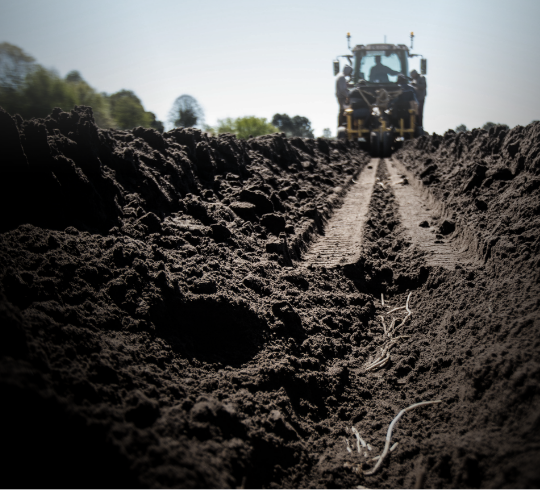
Based on return
A belief that is widely shared
• Select Plant asparagus crowns have now been planted in 50-60% of the European asparagus acreage
• More than 300 European asparagus growers grow asparagus from Select Plant asparagus crowns
• In 2021, another 1,200 hectares of asparagus plots will be planted with Select Plant asparagus (Source: Breeders of Select Plant asparagus)
Hundreds of growers who give thousands of hectares of asparagus the start that this beautiful crop deserves. A belief driven by the pursuit of fewer failures, a higher yield and better quality. And it is precisely this commitment that Select Plant wishes to reaffirm, with justifiable reasons.
Based on cooperation
They believe there are justifiable reasons to set the bar higher than required, higher than the European basic standard. This is such a strongly held belief that parties that, on the face of it, compete with one another, are prepared to work together. These parties invest in research and trials and have worked on continually improving quality over the past eighteen years.
All of the foregoing is under the independent watchful eye of Naktuinbouw (the Netherlands Inspection Service for Horticulture). Operating fully autonomously, this centre decides on the sampling and inspection times. It ensures that asparagus crowns within the Select Plant quality-plus system are worthy of this quality mark.
This is how a select group of growers paves the way for demonstrably exceptionally high-quality asparagus crowns: Select Plant | for justifiable reasons
0
-0
%of the European asparagus acreage has now been laid out with Select Plant asparagus plants
0
European asparagus growers grow asparagus from Select Plant asparagus plants
0
hectares planted in 2021
Video: Select Plant premium asparagus crowns
How Bejo Zaden and Limgroup take responsibility for quality
While the asparagus plant propagators affiliated with Select Plant provide a sound basis for the commercial grower, seed suppliers do the same for the propagators. John Schoeber from Limgroup B.V. and Pascal Staaks from Bejo Zaden B.V. explain how the quality is assured in every step of the process.
“As is the case with asparagus plant propagators and asparagus growers, the soil forms the basis,” Pascal Staaks kicks off the conversation. “Asparagus seed production takes place in greenhouses. After seed production of 6 or 7 years on average, the crowns are carefully lifted, roots and all. The soil is then disinfected using steam at a temperature of 70 degrees Celsius. By creating a vacuum in the drainage pipes – at a depth of one metre – the steam is ‘sucked’ through the entire tillage layer. Following disinfection, the soil is sampled for fusarium. Finally, to restore soil life, the soil is reset for one to two years before it is used again for planting. The parent lines planted during seed production are sterile plants from tissue culture and are therefore always fusarium-free.”
Numerous checks
“And, of course, that soil is sampled before we start,” John picks up the thread. “Then the whole production process starts, with a check or inspection after each step. Once the berries are harvested the seeds are removed from the pods and immediately sampled. We then treat the seeds and fusarium, germination and germination energy testing takes place. Finally, we coat the seeds and Naktuinbouw (the Netherlands Inspection Service for Horticulture) again checks the entire batch before it is packaged and transported.”
Additional assurance
“That is, of course, no different at Bejo,” says Pascal. “To kill pathogens, the seed is treated with steam vacuum as standard. After this treatment, 400 random seeds per badge are placed on fertile soil under favourable conditions and they are then carefully checked. If a seed is ‘suspicious’, seed is also sent to Naktuinbouw for re-evaluation to check this badge. If necessary, Naktuinbouw will perform a pathogen test to determine which fungus is present. This process means we double our fusarium standard in terms of the seed, thereby adding an extra level of assurance.”
More than necessary
“From both my story and Pascal’s story you can see that we put a lot of effort into supplying a good, reliable, high-quality product,” John concludes. “We have fulltime laboratory employees who focus on quality, work closely with Naktuinbouw in terms of monitoring, and we set the bar really high. We wouldn’t do that if we didn’t believe in the additional quality that this process offers. This is reflected in the quantity of fusarium-free seeds that reach the market. The same applies to us that applies to asparagus plant propagators: as it is more than necessary for a healthy crop, we do more than necessary.”
Asparagus crowns grown in fusarium-free soil, based on independent inspections
An asparagus crown is allowed to carry the Select Plant name because the grower has a demonstrably sound approach. The intensive sampling, strict checks and 100% traceability show convincingly that a Select Plant really does rule out the risk of fusarium (higher than average) and improve the odds. Naktuinbouw independently monitors this process. As Senior Inspector, Robert Kuijpers is closely involved in this process and, along with Erik van Nienhuijs from Teboza, explains how the sampling is actually carried out.
“In total, we test several hundred hectares of land for the six Select Plant growers. This sampling results in around 700 bags of soil. The content of every 200-mililitre sample bag is shaken onto film and this is then mixed properly to make sure it is a representative sample. That mixture is divided between five small plant pots. Some of the mixture is saved, just in case a test fails, but that is rarely the case. We sow five seeds in each of those five pots, which are then cultivated for six weeks. They are grown inside a climate chamber with special lighting at a temperature of twenty degrees.
On average, 5% of samples are not accepted
Then comes a tense time in the process, the visual inspection. “We inspect four of the five plants in each pot,” Robert continues. “This means that we visually inspect twenty young plants. We then spray the sand off the root, leaving behind a white root. We inspect those roots for the number of lesions on the root. Every plant is inspected individually for the number of lesions, resulting in a certain value for each plant. The values of four plants are added together and divided by four and this is the value that is shown on the certificate for this specific sample. The grower ultimately receives a “laboratory certificate” showing that value, which determines whether or not the inspected plots can be sown on. During the 2020-2021 season, 2.4% of the samples were not accepted and during the 2019-2020 season, 8%. That outcome very much depends on the plots from which the samples are taken, but over the long term the average is around 5%.”
A small disparity at the very start can mean a huge difference at the end
Sometimes the land in entire plots cannot be used, but sometimes just sections of that plot, Erik continues. “The results we get show which sampled sections are unsuitable. If there are too many sections, or if they are not conveniently located, then a plot cannot be used. If it is a single section in a corner of the plot, we can leave a margin around that section and use the reminder of the plot.” Because that result has such an impact on where and how the grower can sow, it is always quite a tense time, says Erik. “Of course, we always do our homework properly before we arrange for a plot to be sampled, but even then not everything comes to light. In addition, the standards are applied very rigorously. When unwished-for disparities are found these are still negligible. Even so, they are significant enough for us not to sow in that section or plot. Because that small disparity at the very start can mean a huge difference for the commercial grower.”
Sowing asparagus crowns in carefully tested soil
The period between the turn of the year and the end of March can be a slightly tense time for asparagus crown growers who grow in line with the high standards of Select Plant. Growers have had their soil sampled intensively for fusarium and then have to wait eight weeks before receiving the result. Only when this is available will they know whether the asparagus seed can be sown in the intended plots. Piet Beurskens from Rapo Quality Plants and Johan Neessen from Neessen Aardbei- en Aspergeplanten set themselves standards that are higher than European standards, and talk about the process from sampling to sowing.
“We have also grown asparagus crowns with Rapo since 2017. As far as fusarium is concerned, in Roosendaal and the surrounding area, the advantage is that there is relatively little asparagus land and we are affected far less by limited availability and previous intensive use. But the decomposition of fusarium follows an unpredictable course so we prefer to remain cautious by complying with the Select Plant criteria.”
Decomposition of fusarium follows an unpredictable course
Johan Neessen also acknowledges the unpredictable course of the decomposition of fusarium. “Sometimes decomposition occurs very quickly, but other times it doesn’t. That is why it is so important to apply stringent criteria. On the one hand, you eliminate many risks by not using a plot to grow asparagus crowns for at least seven years. On the other hand, through the intensive sampling, you add an additional guarantee. Furthermore, this sampling precedes a careful selection process when choosing the plot. We check whether asparagus or asparagus crowns have ever been grown on the plot, look at the amount of shade, how heavy the soil is, whether the crown can sink deep roots and check that no lasting puddles can form, etc. This enables us to still justifiably rule out the risk of fusarium, despite its unpredictability.”
Also tests on pH levels of plots
So that the first crowns will emerge in early May, Rapo starts sowing between the tenth and fifteenth of April, says Piet. “This means that we have to receive the laboratory test results from Naktuinbouw about four weeks before that. We then have a slight margin between the result and the start of sowing should a plot unexpectedly be found to be unsuitable. We usually have samples taken from a few alternative plots, enabling us to change course quickly. During that time in between sampling and the definitive answer from Naktuinbouw, we also test the pH levels of plots, which must be between 5.4 – 7.0 for Select Plant.”
A clean supply chain is essential
Another important step during this period is, of course, purchasing the seed. “Select Plant’s criteria also play an important role in this, says Johan, continuing Piet’s story. “The seed supplier has to be able to guarantee that strict fusarium checks take place on seed to the reference threshold of 1%. Only when this has been guaranteed is the purchase of that seed an option. Once we know that the soil and the seed are satisfactory, we can set to work. We can then be absolutely sure that asparagus growers can be confident that their plant material has been grown on good soil. We would, of course, prefer to see the asparagus grower subsequently grow that clean plant in clean and suitable soil. We are happy to advise growers about that. We try to help growers to make the right decisions. We are then working together properly towards a healthy starting point for a successful crop.”
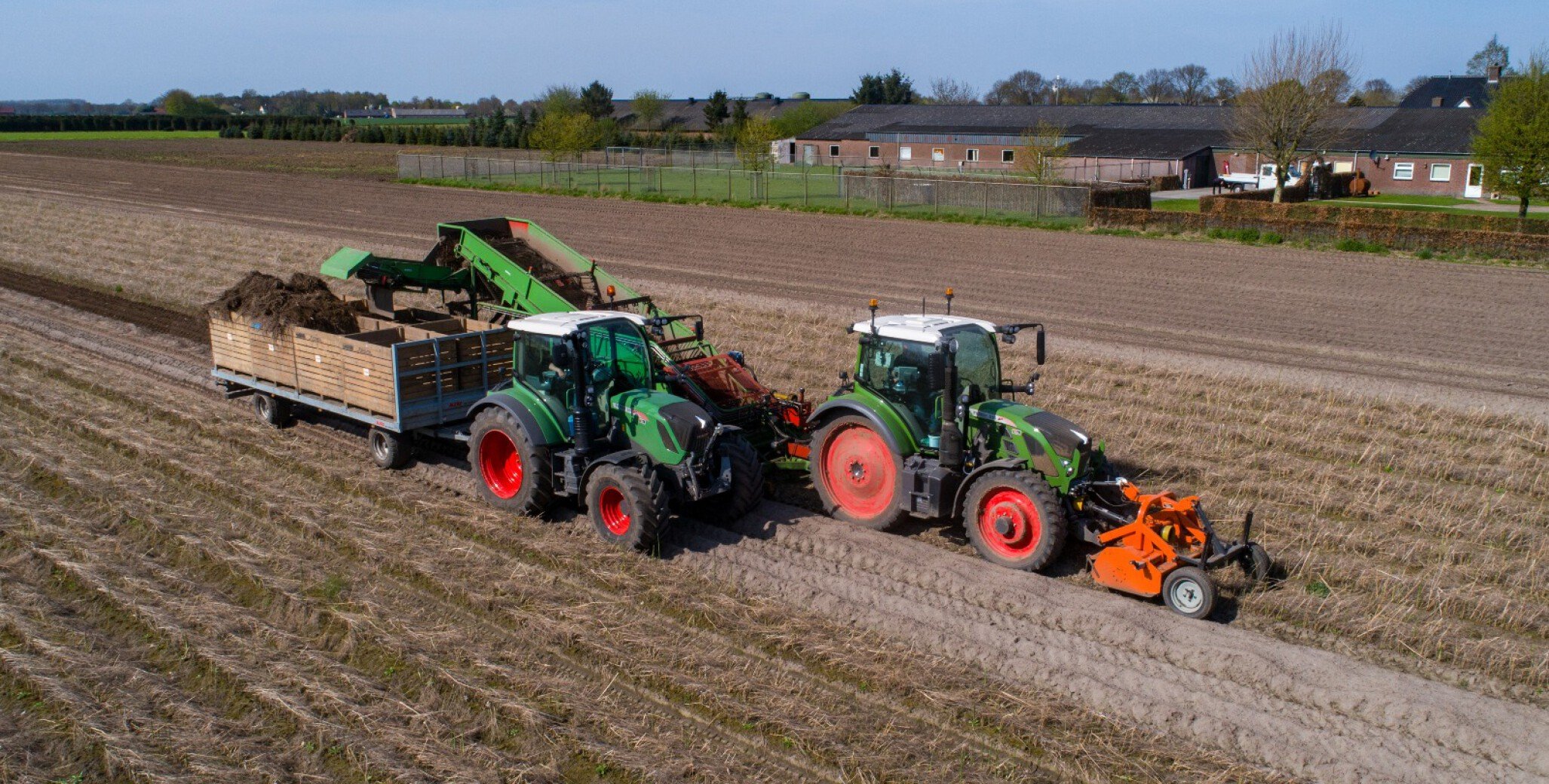
Naktuinbouw makes unannounced visits during the harvesting, grading and delivery process
Asparagus crowns are harvested from March onwards. The soil in which the seeds of Select Plant Premium Asparagus Crowns are sown is carefully tested by Naktuinbouw before sowing. That is a good foundation. But Naktuinbouw also routinely critically observes the harvesting process. “They do that regularly and unannounced,” says Maurice Deben from Van den Elzen Plants.
“Naktuinbouw asks us when harvesting will start. An inspector then makes an unannounced visit during grading, typically once every ten days. We can therefore expect three or four visits during that period. The fact that this can happen keeps you on your toes,” says Maurice.
Critical quality control discussion instead of “angry police officer”
“We are not assuming the role of a police officer,” Robert Kuijpers starts. Robert is a Senior Inspector at Naktuinbouw. ”We have a genuine desire to work with growers who have set themselves standards higher than the required standards to help them achieve their ambitions. To improve quality further still. That’s what it’s about for us. To start with, we inspect the labelling of the harvester. We then check whether it is clear which variety comes from which plot, to ensure that crops cannot be interchanged. We also carefully examine the crowns. How have they been harvested, are the roots intact and how is the tip firmness? If there is any doubt, we cut the tips and assess the internal quality. And then we have the packing process. Are the correct varieties in the correct net bags in the correct colour, is the plant passport accurate and has a Select Plant Label been applied to all packaging? This continues until the products are in the refrigerator. We therefore keep a close eye on the entire process of incoming crowns, crowns to be processed and outgoing crowns. This gives us plenty to do during a spontaneous but thorough visit like this,” laughs Robert.
Justifiable reasons to set the bar higher
“The same keen focus is placed on the discussion that is placed on Naktuinbouw’s inspection of our work,” says Maurice, picking up the thread again. “Because, of course, day in day out we are the main inspector of our crops. But in addition to this, during those discussions with the Naktuinbouw inspectors, you can detect the intention of maintaining momentum and wanting to go beyond that. The inspector doesn’t immediately reach a conclusion, but mainly asks questions. How is it possible that this or this... ? Why do you do it like that? Do I understand correctly that …? I understand from other Select Plant growers and from Robert that the process has never had to be halted. But that sometimes in-depth discussions have taken place about certain aspects of this process. And that’s imperative. As growers our work is based on the conviction that, with rapid acreage growth, it really is essential to lay a healthy foundation for growing. That is why, with Select Plant, we do more than is needed.”
This is how the cutting and testing of fusarium samples works
Your asparagus crowns. One of the most important choices that you make. Therefore make an informed decision. You can do this by buying asparagus crowns that are at a lower risk of fusarium as they have been grown in good soil. six asparagus crown growers carry out an above-average amount of research into this through the Select Plant quality-plus system. For example, three fusarium samples of 60 individual samples per hectare are taken. But exactly how does that work? John Beeren from Beeren Plantproducts, one of the six asparagus crown growers qualified to offer Select Plant, says:
“During the October to February period, fusarium inspections take place at the six Select Plant growers on around 230 hectares of land. These inspections are always performed by (or under the independent watchful eye of) Naktuinbouw (the Netherlands Inspection Service for Horticulture). The Naktuinbouw inspector also produces a map showing the layout of the plot. Soil samples are taken from plots where we wish to grow crowns. This results in around 700 samples of soil being tested in the Naktuinbouw laboratory. In the laboratory, the content of every sample bag is mixed properly and divided between five plant pots. Five seeds are sown in each pot. These seeds are then cultivated in a climate chamber until they reach the height of approximately twenty centimetres. That takes around six weeks and the researchers can then visually inspect the young plants for fusarium. If there are any doubts about the scores, the plots are declared unfit. The process from sampling to the result takes eight weeks. As you can imagine, Naktuinbouw must plan that process carefully with the six growers who jointly provide more than seven hundred samples and all of them want to start in April,” laughs John.
Acreage growth reduces availability and increases risk
According to John, finding and selecting the right land is an increasingly challenging process. “We rigorously apply the standard that we only grow asparagus crowns on plots where no asparagus has been grown in the previous seven years. With an annual acreage growth of 4 - 5 percent, you can see that it is increasingly difficult to find good land. This also applies, of course, to the asparagus growers. Decreased land availability increases the risk of fusarium. This is one reason to choose Select Plant, but also definitely for your own land to undergo (more intensive) sampling. As Select Plant growers, asparagus growers can also arrange this through us. Quite simply, it is essential to lay a healthy foundation which is why, as a cooperative, we go beyond that,” John concludes.
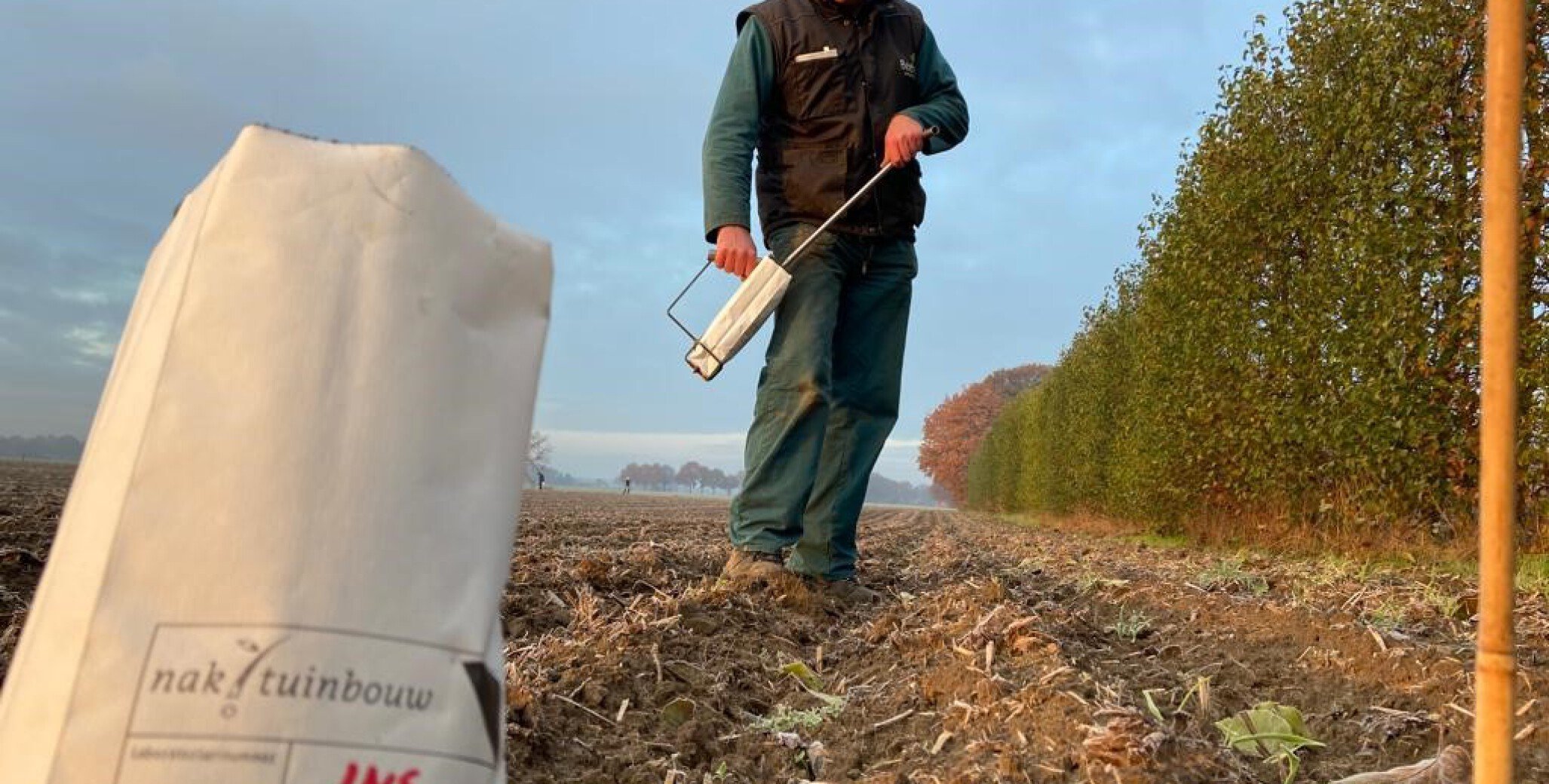
We grow Select Plant for justifiable reasons:
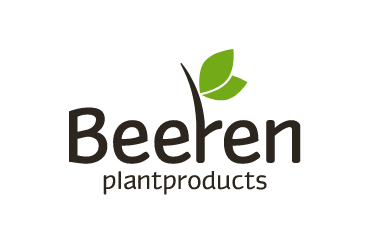
Beeren Plantproducts BV
+31 (0)475 49 26 58
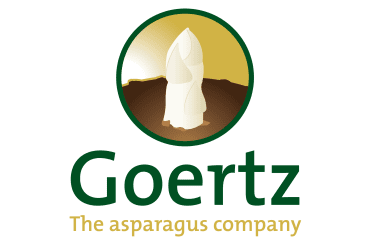
Goertz Plantproducts BV
+31 (0)475 54 31 28
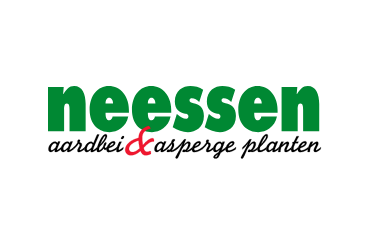
Neessen Aardbeiplanten & aspergeplanten
+31 (0)77 307 10 11
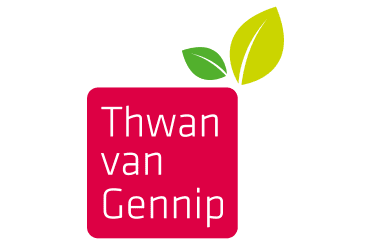
Thwan van Gennip BV
+31 (0)6 22 33 42 10
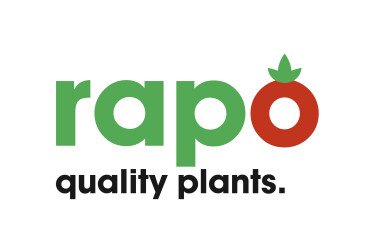
Rapo Quality plants
+ 31 (0)165 542 942

Van den Elzen Plants
+31 (0)413 - 216 200

Beeren Plantproducts BV
+31 (0)475 49 26 58

Goertz Plantproducts BV
+31 (0)475 54 31 28

Neessen Aardbeiplanten & aspergeplanten
+31 (0)77 307 10 11

Thwan van Gennip BV
+31 (0)6 22 33 42 10

Rapo Quality plants
+ 31 (0)165 542 942

Van den Elzen Plants
+31 (0)413 - 216 200
